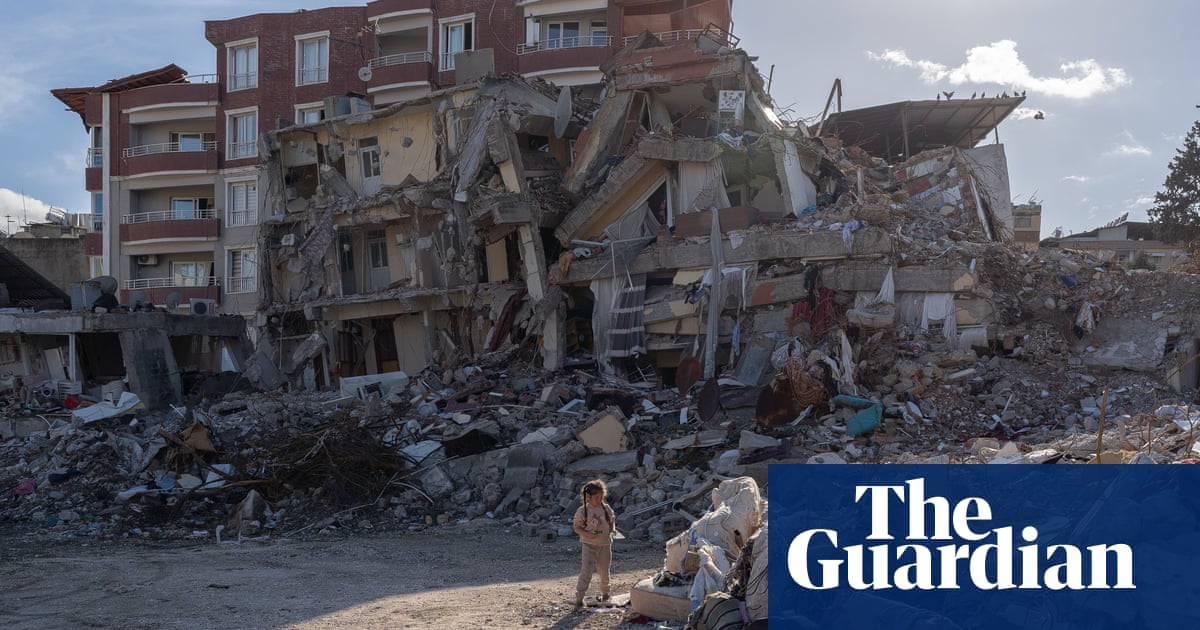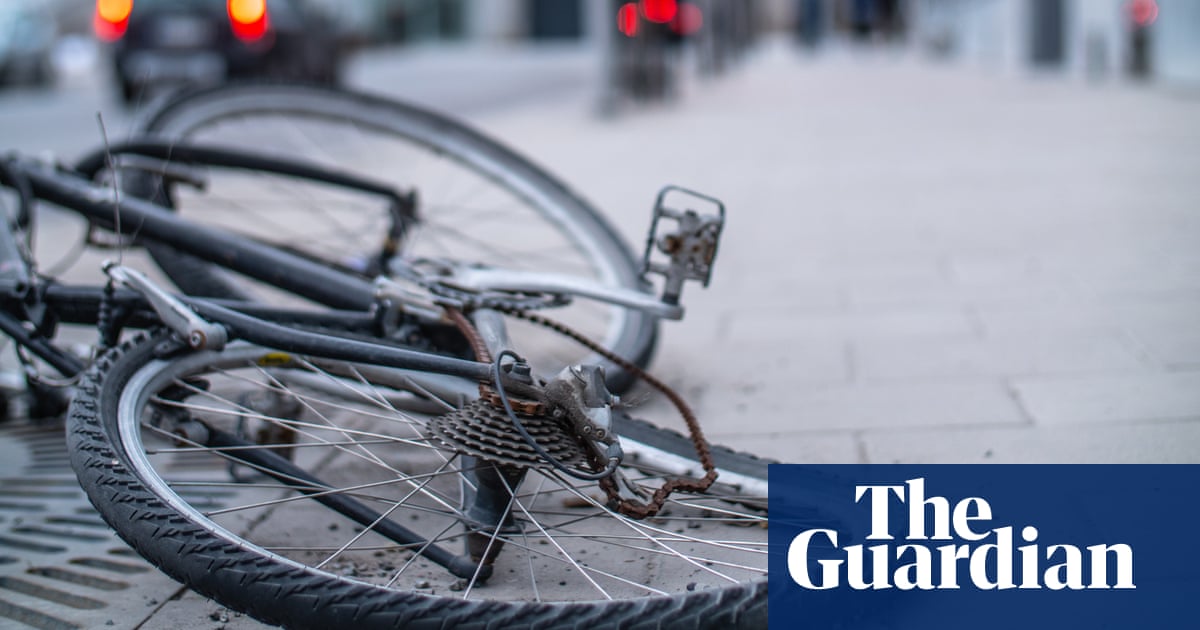
On 2 July 2019, an aircraft bombed a migrant detention centre in Tajoura, a town on the Libyan coast. There were more than 600 people inside. I was one of them.
It happened almost exactly a year ago. Still, I will never forget the moment. All the refugees fell to the ground. We were screaming. The roof of our cell was destroyed and fell on us. The guards shot at people trying to escape. Afterwards, we were told that 53 people died, but we think it was many more.
I had been in Tajoura for one year and two months. We were expecting a solution from the UN refugee agency, hoping for evacuation, but then the bomb struck. They think the aircraft belonged to a foreign state and may have been under the command of the Libyan National Army, which is waging a battle against Libya’s government of national accord.
Growing up in Eritrea, I was a skilled person in a machine shop, and also an artist. But I couldn’t stay because if you stop education you have to join the army – it’s the rule of the country’s dictator-led government. The government would make me a servant, with too little money. I need peace; I don’t need politics. I need to live freely and to be able to support my family.
I crossed the Sahara and lost brothers there. It’s a horrible moment, when someone describes their experience in the desert it is hard to even listen. We were without water for three days, and a lot of people were lost. I tried to cross the Mediterranean from Libya to reach Europe, but I was caught by the Libyan coastguard and they brought me to Tajoura detention centre in eastern Tripoli. The coastguard is funded by the European Union. We blame Europe a lot.
My time in Tajoura was terrible. We ate only once a day and we were always frightened of the guards. We were so sad and hungry. My brother at home died when I was in the camp, and a month after the bombing my father died.
After the bombing, hundreds of survivors were left in the detention centre for a week. The manager of the centre tried to force us back inside the halls, but we refused. We asked for help and held a hunger strike. In the end, the guards said we could leave.
We walked to the UN refugee agency’s gathering and departure facility, which was a place where refugees were taken before they were evacuated to countries in Europe or the US, usually via Niger or Rwanda. They were meant to take care of refugees. We were expecting a solution. All the world knew our problem, but the UN high commissioner for refugees said many times the gathering and departure facility was overcrowded and they would send us to the city, Tripoli, where we would have to live on our own.
We were afraid of the war. We were afraid of being exposed to smugglers and traffickers. We were scared of sickness, especially tuberculosis. When we were in the gathering and departure facility, three rockets hit nearby. At the beginning of this year, the UN finally kicked the survivors out of their centre. Now we are struggling to survive.
I am so frustrated talking about the moment of the Tajoura bombing. Our brothers died there – we lost them. Their aim was to live safe and peacefully, to grow. I don’t know if their families ever found out what had happened. They might think some of them sank in the Mediterranean.
Like all the other survivors I am unable to sleep most of the time. I send messages at night instead. I draw pictures from my mind on paper, showing what I saw at the moment of the bombing. I have seen the flesh of a body cut into many parts; it makes me feel like crying.
Coronavirus has made things worse, and it means we can’t even mark the first anniversary of the bombing. We need a solution. Please world, try to open your eyes to us.
Yonas (not his real name) is an Eritrean migrant who is currently in Libya












